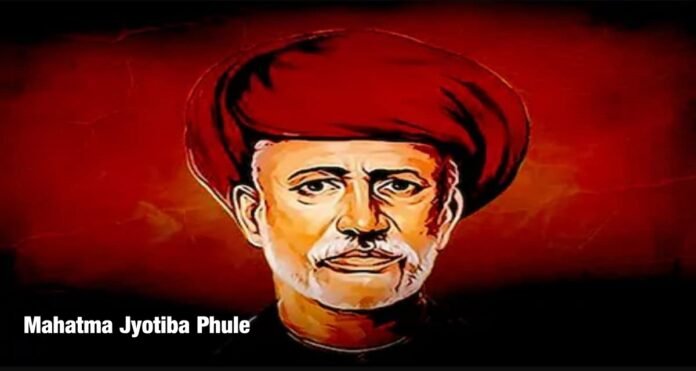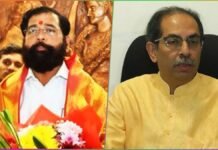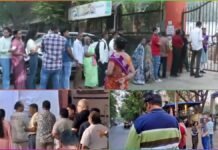
New Delhi: Today is the death anniversary of the great revolutionary, social reformer, thinker, Mahatma Jyotiba Phule of our country. Every year on 28 November in our country, the death anniversary of the ideal teacher Mahatma Jyotiba Phule is celebrated. Today, on the occasion of his death anniversary, we are going to give you some important information related to him. Let’s know.
Mahatma Jyotiba Phule was born in Pune on 11 April 1827. His mother’s name was Chimnabai and his father’s name was Govindrao. Please tell that his family used to work as a gardener for many generations. Let us tell you that they used to bring flowers from Satara to Pune and make flower gajras etc., hence their generation was known as ‘Phule’.
Jyotiba was a very intelligent personality. He studied in Marathi. He was a great revolutionary, Indian thinker, social worker, writer, and philosopher. Jyotiba was married to Savitribai in 1840 at the age of just 13. The religious reform movement was in full swing in Maharashtra. In order to oppose the caste system and to implement monotheism, ‘Prathana Samaj’ was established, headed by Govind Ranade and RG Bhandarkar. At that time the caste system was spread in a very hideous form in Maharashtra. To destroy it ‘Prayer Samaj’ was established.

Let us inform you that the ideal teacher Jyotirao Govindrao Phule died on 28 November 1890 in Pune. This great social worker had established the Satyashodhak Samaj for the upliftment of the untouchables. Seeing this gesture of his, in 1888 he was given the title of ‘Mahatma’. The role of Jyotirao Phule has been important in ending untouchability from the country and empowering society. Today let’s try to know by reading his thoughts about this ideal personality. Let us know the priceless thoughts of Mahatma Jyotiba.
Precious Thoughts of Mahatma Jyotiba
- God is one and all human beings are His children.
- Education is equally necessary for both men and women.
- Don’t ask those who join your struggle for their caste.
- To accomplish good work, one should not use bad means.
- If someone cooperates in any way, then do not turn your back on him.
- Due to economic inequality, the life of the farmers has been disturbed. Selfishness takes different forms, sometimes it takes the form of caste and sometimes religion.
- The feeling of nationalism will not develop in India as long as caste restrictions on food and matrimonial relations remain.




















































